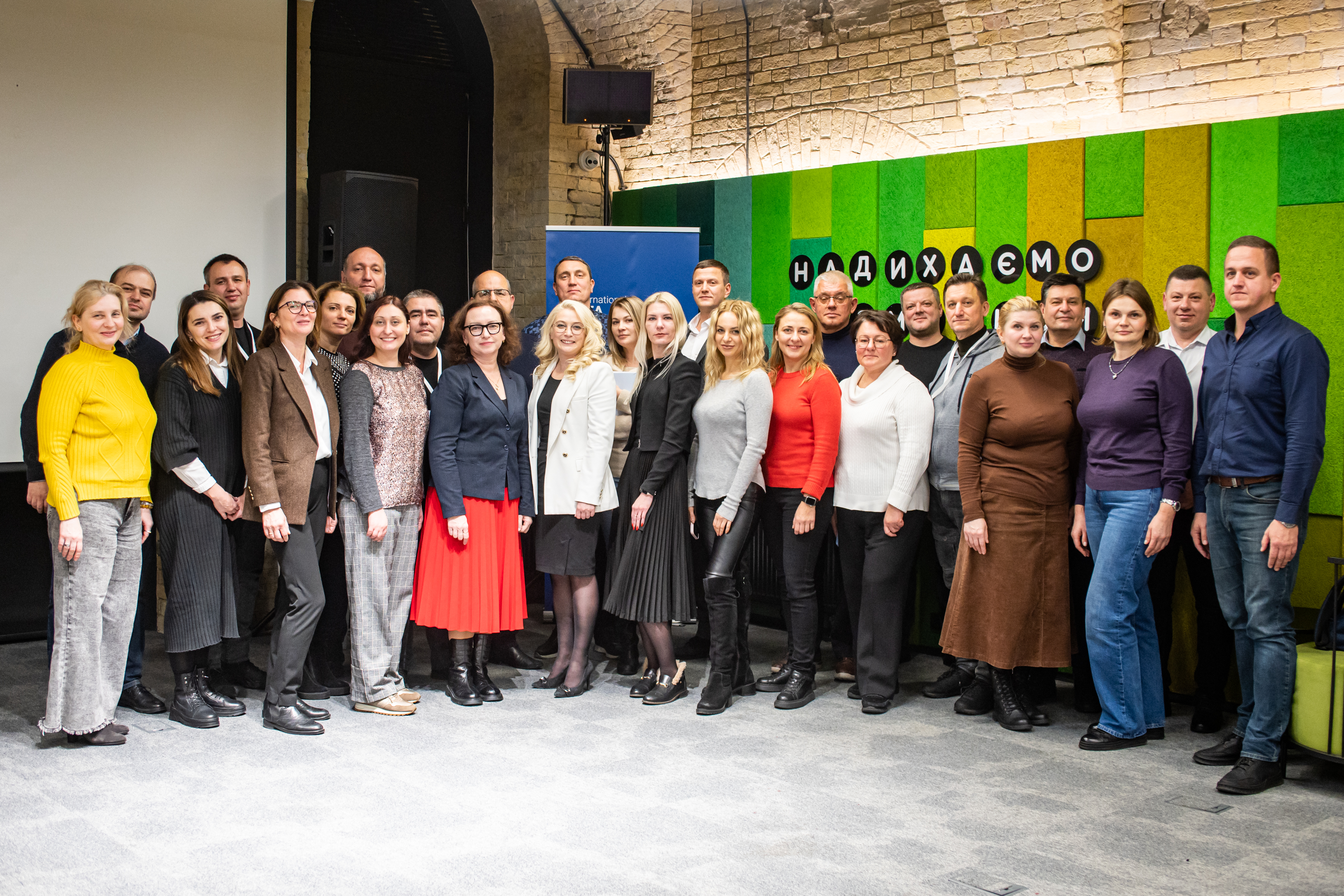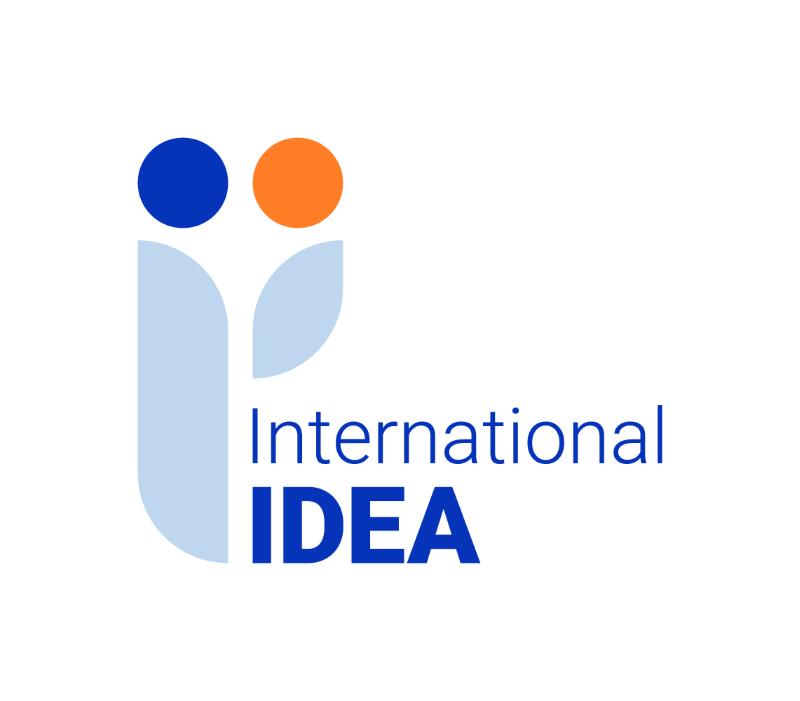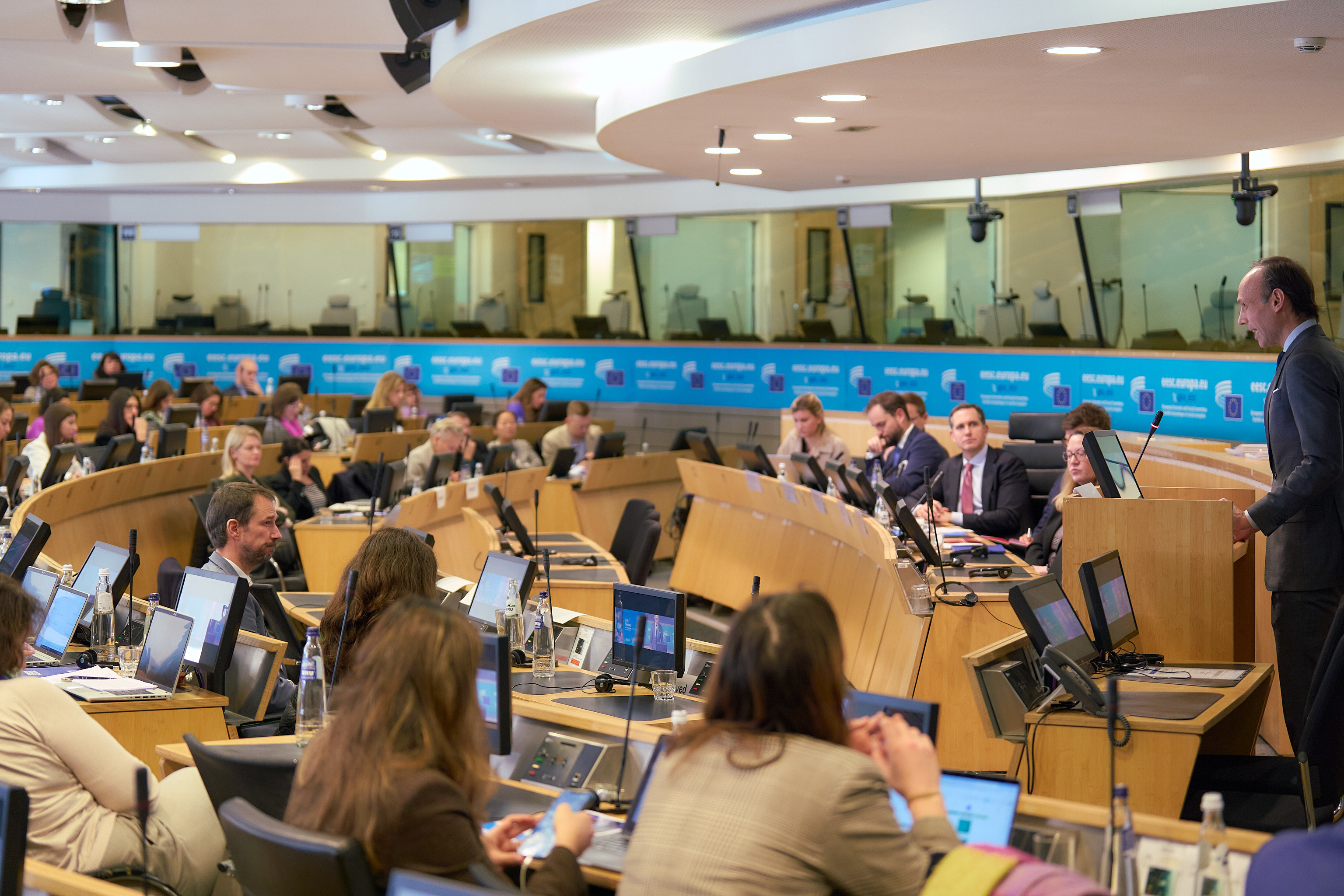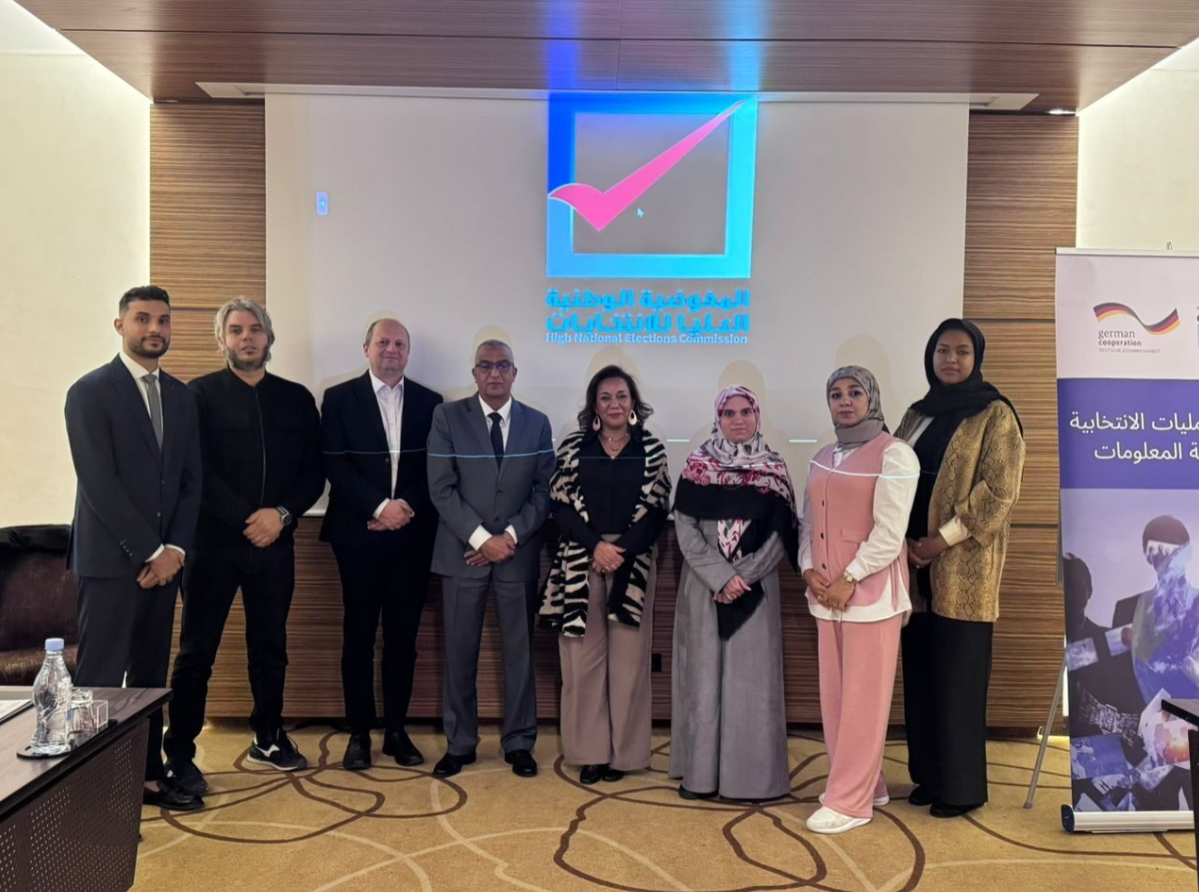For a truly transformative post-2015 development framework, democratic processes are a must, including full participation, equitable consideration of input, self-determination and empowerment of all people.
This is the international consensus discussed in the new video “Democratic Governance and Sustainable Development” produced by the United Nations Institute for Training and Research (UNITAR) in coordination with International IDEA.
The 15-minute clip includes commentary from experts within the UN, permanent representatives of UN Member States, and IDEA’s own permanent observer to the UN, laying out the multiple reasons why democratic governance, the rule of law, a human rights framework, accountability, transparency and inclusivity are indispensable for a development agenda that learns from the achievements and missteps of the Millennium Development Goals.
Throughout the course of a two-part workshop series sponsored by International IDEA and UNITAR, participants discussed the links between democratic governance and resilience work in development projects as well as the foundational need for democracy in an effective, human-centered development framework for the post-2015 era.
Since 2000, world leaders have widely agreed that freedom and dignity are the top priorities for international relations in general and development specifically. In order to ensure the freedoms that come with democratic processes, those interviewed state repeatedly that democracy is needed both as an enabler and a goal of its own.
The interviewees agree that good governance builds on values that promote the articulation of citizens’ voices, facilitate equality of opportunity among men and women, and protect all people from arbitrary action from governments and corporations.
Mongolia’s Action Programme for the 21st Century, which includes an MDG9 on democratizing institutions is touted as one among several countries that have taken up the task of including democratic governance in national development initiatives. A 2012 UN Human Rights Council resolution sponsored by Romania, Morocco, Norway, Peru, Tunisia and Qatar on human rights, democracy and the rule of law demonstrates the breadth of countries who believe these issues to be important to all future sustainable development work.
The video closes by emphasizing that the Rio+20 outcome document itself emphasizes that democratic government and peaceful institutions must be considered integral factors within the post-2015 development agenda.
If you would like to inquire about attaining a copy of this video, contact Mr Stephen Graf at s.graf .
.



